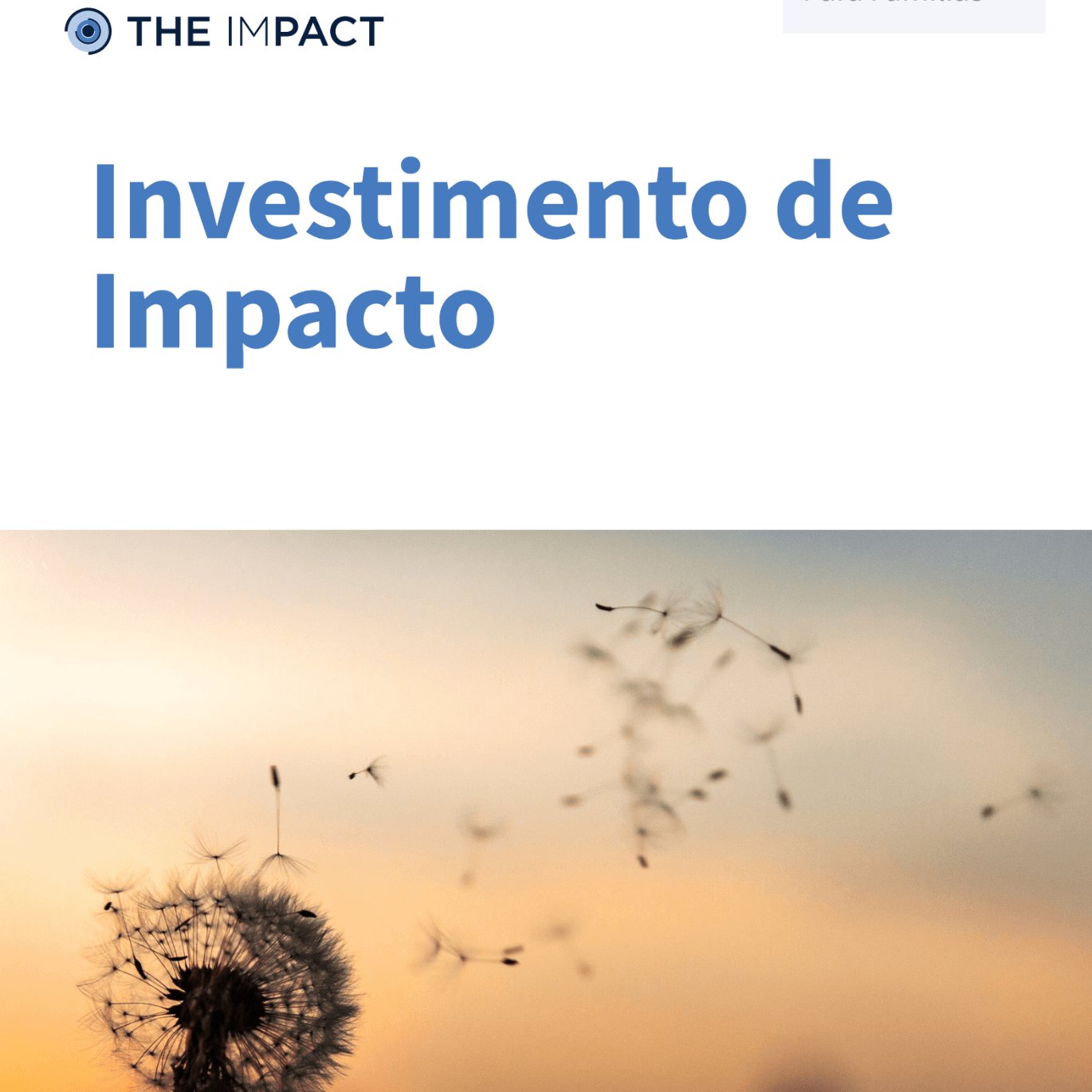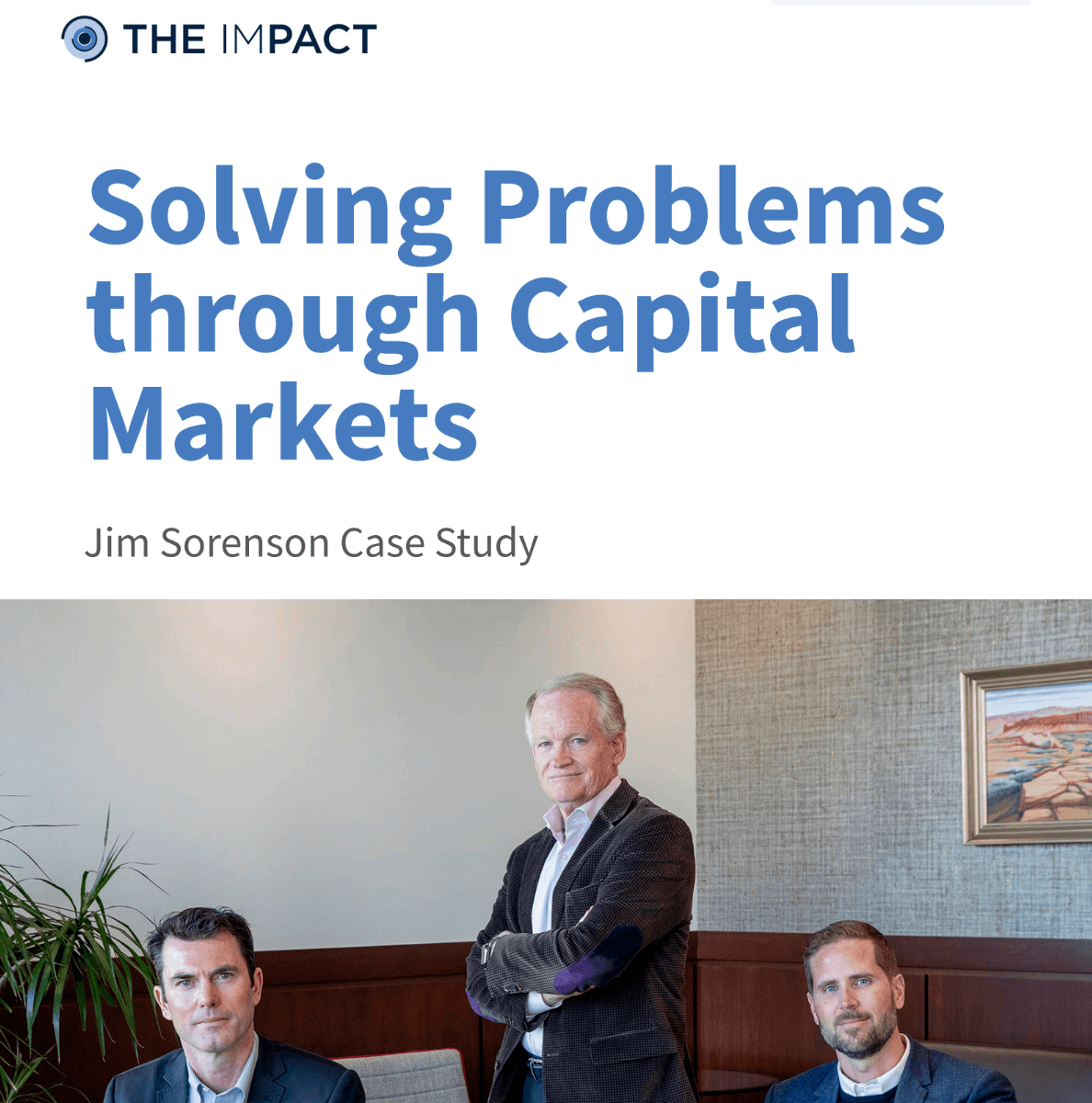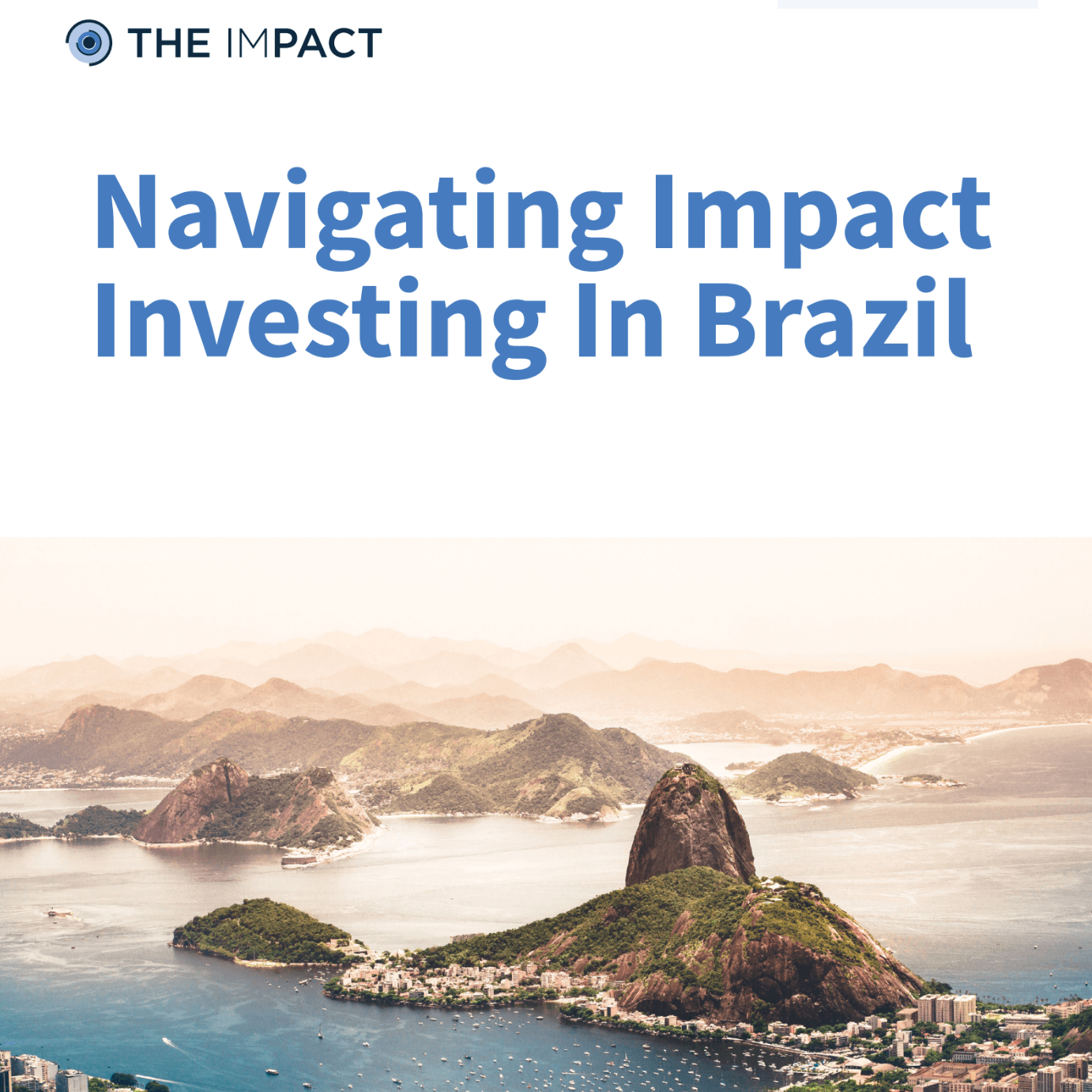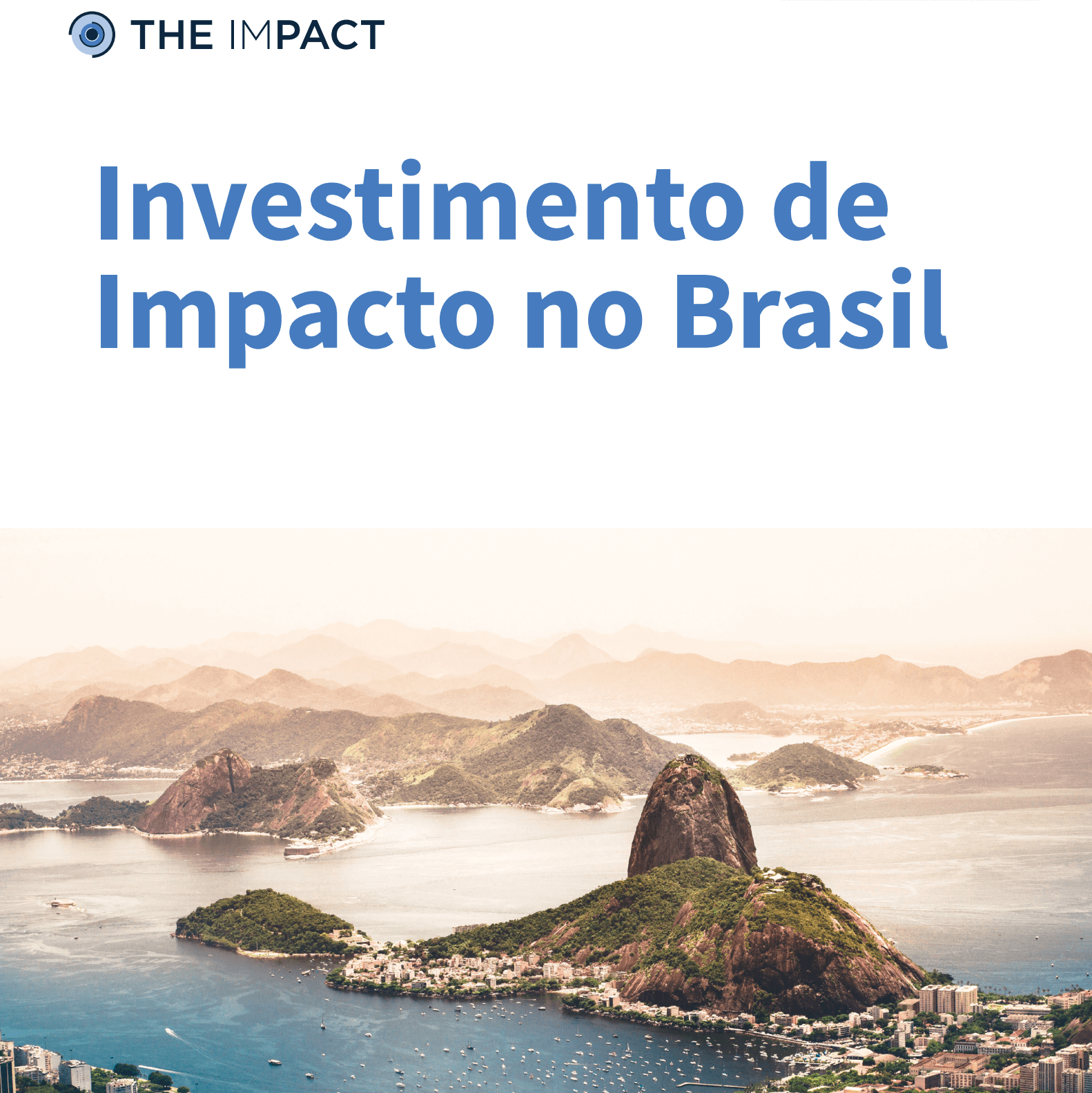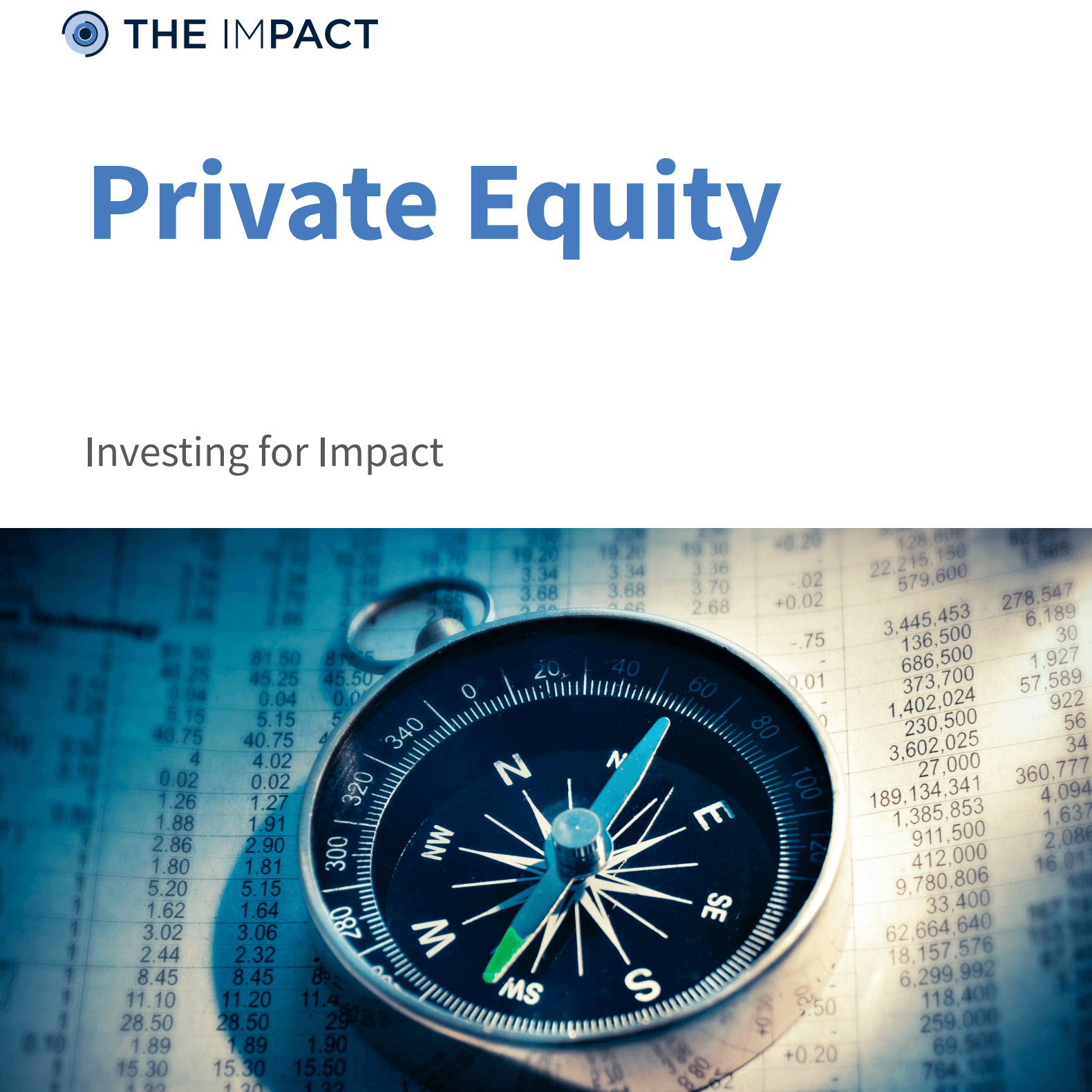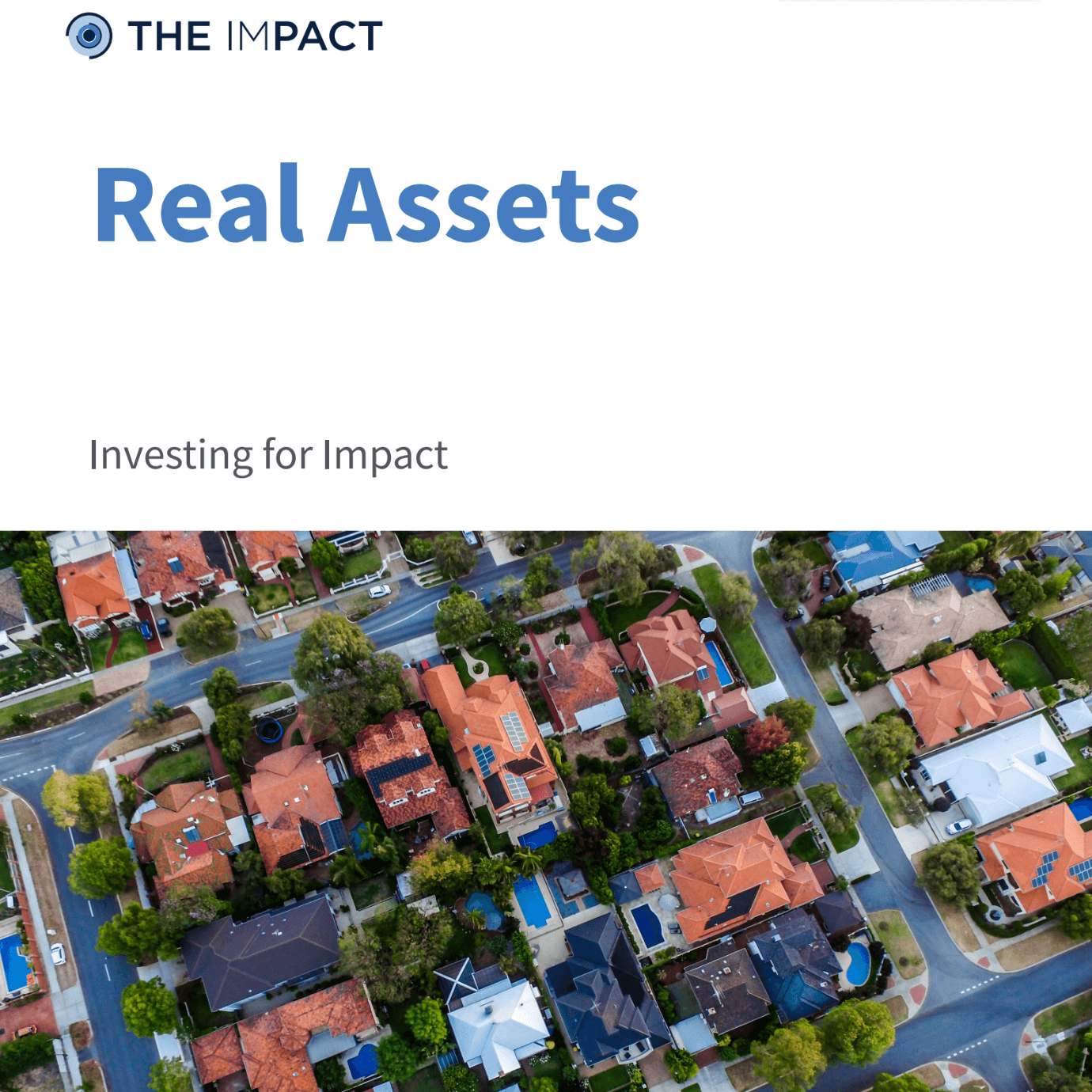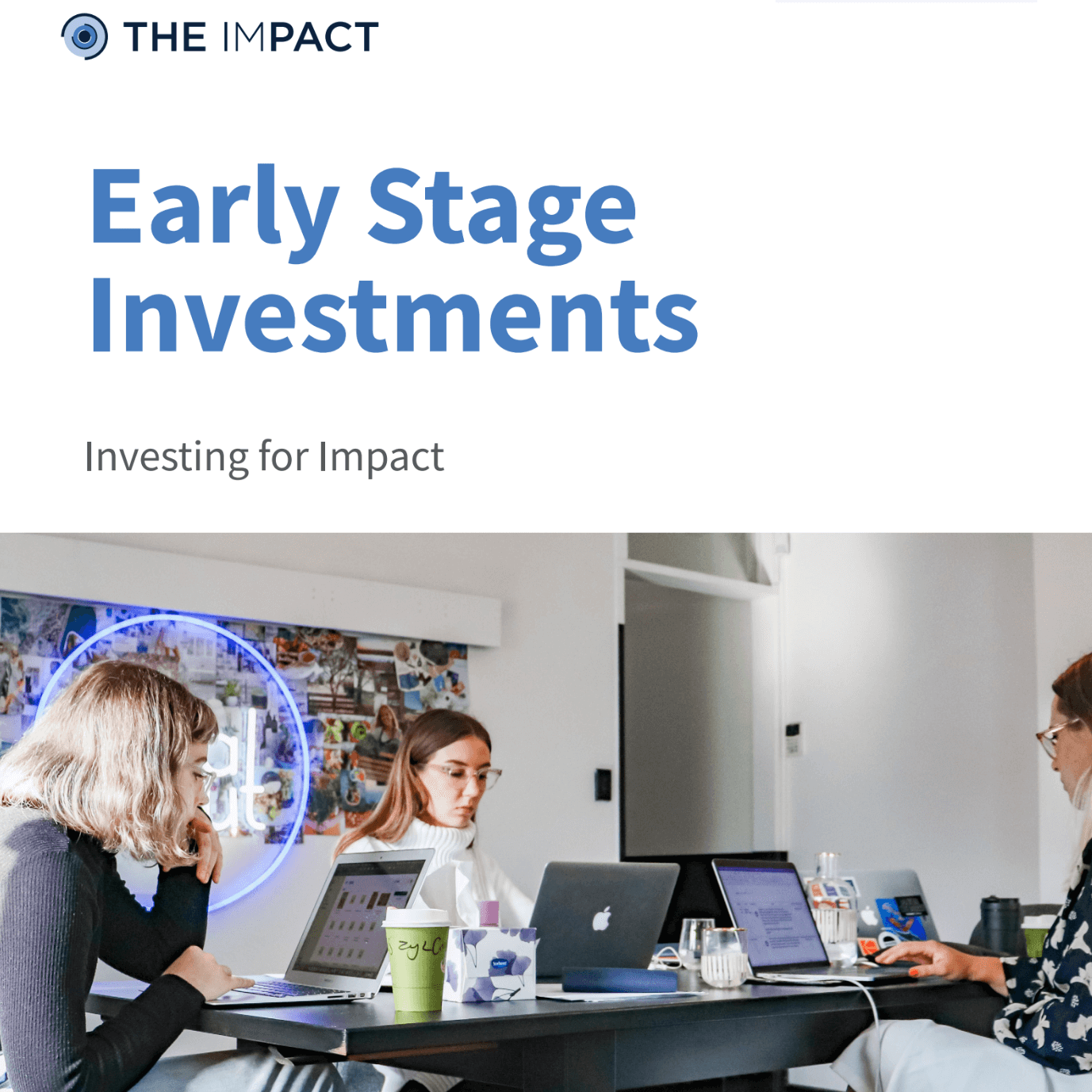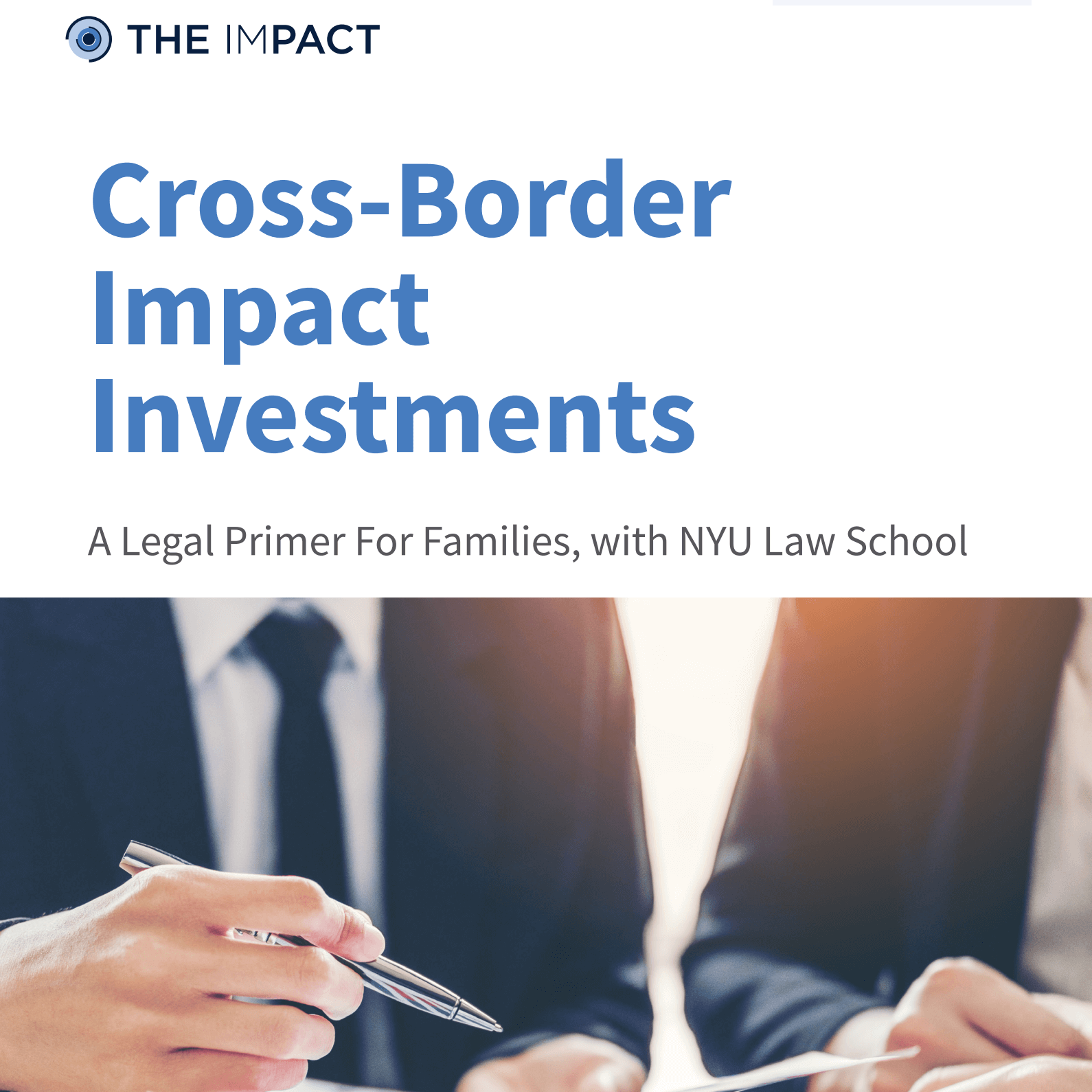This report introduces impact investing for families, defining it as aiming for both financial returns and measurable social/environmental impact, and explores various motivations and approaches families take. It outlines a seven-phase framework for families to explore, strategize, and optimize their impact investment efforts across different asset classes, sectors, and geographies, while emphasizing the diversity of opportunities and return profiles within the market. The guide highlights strategies such as “carve out,” “integration,” and “all-in” for implementing impact investing within family enterprises.
Investimento de Impacto
